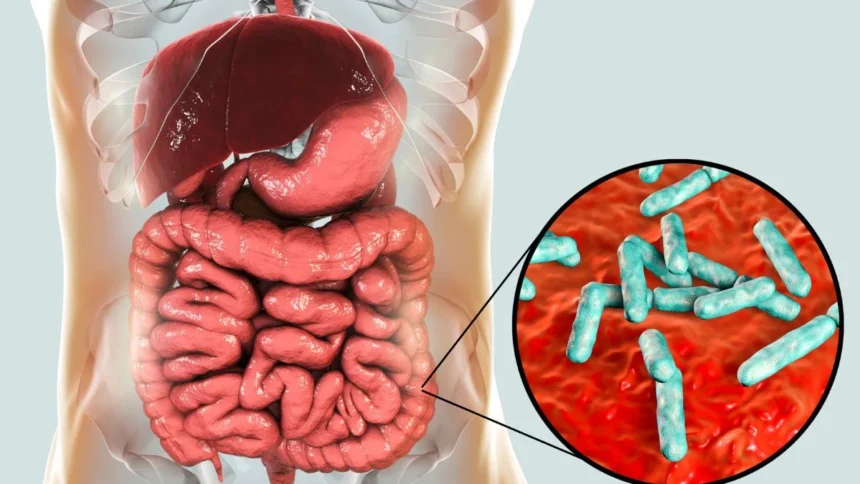Introduction
Gut health is the cornerstone of overall well-being. Often referred to as the “second brain,” your gut plays a vital role in digestion, immunity, mental health, and more. With the rise of processed foods, stress, and sedentary lifestyles, maintaining gut health has never been more critical. This article dives deep into what gut health is, why it matters, and actionable tips to improve it.
Understanding Gut Health
Your gut is home to trillions of microorganisms collectively known as the gut microbiome. These bacteria, fungi, and viruses work in harmony to maintain balance within your digestive system. A healthy gut is characterized by a diverse microbiome that supports efficient digestion, nutrient absorption, and a robust immune response.
However, an imbalanced gut microbiome can lead to issues like bloating, constipation, food sensitivities, and chronic inflammation. Research also links poor gut health to conditions such as depression, anxiety, and autoimmune diseases.
Why Gut Health Matters
- Digestive Efficiency: A healthy gut ensures proper breakdown of food and absorption of essential nutrients.
- Mental Health Connection: The gut-brain axis is a communication network linking the gut and the brain. A healthy gut contributes to better mood regulation and cognitive function.
- Immune Support: Approximately 70% of your immune system resides in the gut. Maintaining its health can help ward off infections and chronic illnesses.
- Weight Management: A balanced microbiome influences metabolism and hunger-regulating hormones, aiding in maintaining a healthy weight.
Signs of an Unhealthy Gut
- Persistent bloating or gas
- Frequent diarrhea or constipation
- Unexplained fatigue
- Skin issues such as eczema or acne
- Food intolerances
- Frequent colds or infections
Top Tips for Better Gut Health
- Adopt a Gut-Friendly Diet:
- Fiber-Rich Foods: Include fruits, vegetables, whole grains, and legumes to feed healthy gut bacteria.
- Fermented Foods: Yogurt, kefir, sauerkraut, and kimchi introduce beneficial probiotics.
- Healthy Fats: Omega-3 fatty acids in fish, nuts, and seeds support gut lining health.
- Limit Harmful Substances:
- Reduce sugar, alcohol, and processed food intake, which can disrupt the microbiome balance.
- Stay Hydrated:
- Adequate water intake aids digestion and nutrient transport.
- Manage Stress:
- Practices like meditation, yoga, and deep breathing improve gut-brain communication.
- Regular Exercise:
- Moderate physical activity enhances gut microbiome diversity.
- Consider Supplements:
- Probiotics: Live beneficial bacteria can restore balance.
- Prebiotics: Non-digestible fibers that fuel good bacteria.
Conclusion
Your gut health is a powerful determinant of your physical and mental well-being. By making mindful choices about diet, lifestyle, and stress management, you can cultivate a healthier gut and, consequently, a healthier you. Remember, small, consistent changes can lead to significant improvements. Start today and unlock the secret to a happier, healthier you.
Get more info: https://www.timelinetale.com/







